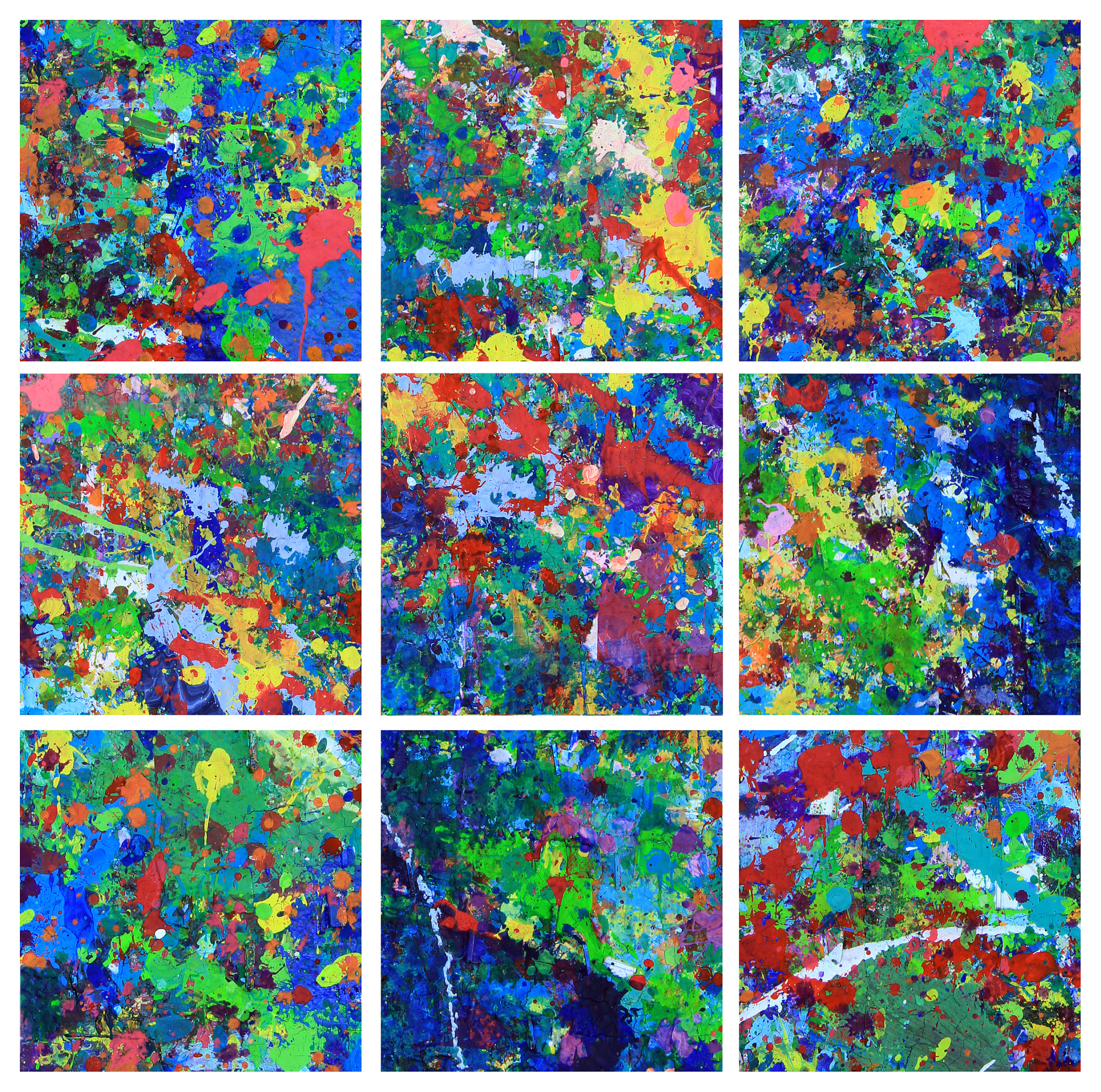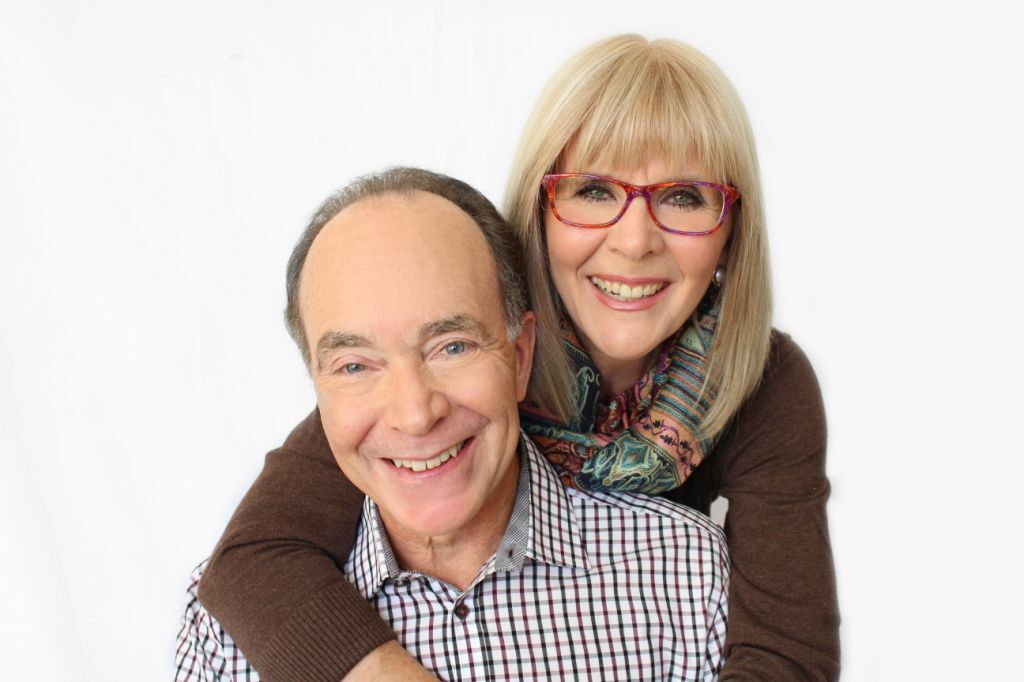February 15, 2023 | Planning Matters | 6 min read
The Softer Side of Retirement
Our private client portfolio managers have had thousands of conversations with clients over the years addressing the question, “When can I retire?” Then on the appointed day, when all that hard work and preparation finally comes to fruition, more than a few of those clients are confronted with a different, sometimes surprising question: “What do I do now?”
We are therefore turning our focus this quarter to the “softer” side of retirement, to provide advice to those approaching or living out their post-work years, including ways to manage priorities and relationships and schedules… and figure out how you fit into this new reality. To help us with this, we reached out to Heather Compton. Heather advised clients on this very topic for many years and also published the award-winning book series, Retirement Rocks! She is finally able to take her own advice, as she’s recently retired (for the second time) herself!
Recast how you decide what’s worth your time
Heather’s first piece of advice is to open your mind to the possible and not be constrained by your historical idea of what’s worthwhile spending your time on. In other words, never say never. Throughout her life, Heather’s ‘never’ bias was keeping her from expressing herself creatively. “I had told myself for a long time that I was not an artist, but everybody, everybody, has some measure of creativity – and there is no rule against being a bad artist,” she says. “So, never say never.”
Heather expands on this concept, suggesting retirees often say yes to opportunities. If it doesn’t work out, she says, “you don't have your mom or dad behind you anymore wagging a finger saying, ‘If you take up the piano, you've got to stick with it.’ You don't have to stick with it. But why not give yourself the opportunity to try?”
An important companion to this enthusiasm for embracing the unknown is to also actively identify things to say “no” to. Heather decided she would not commit to New Year’s resolutions. Perhaps for others, it’s setting boundaries around digital availability, declining certain volunteer opportunities, or making agreements with family members about money or grandchild care.
At the heart of this process is a goal, Heather says, to make space in your life for the things you love.
What do you love?
“Somebody asked me the other day to make a list of 50 things I loved – and not necessarily things I love today, but might have loved at some point in my life,” Heather says. "If you loved that yellow raincoat when you were five years old, what was it about that yellow raincoat that you loved? And how might you then bring that love back into your life?"
For those entering retirement, it’s helpful to frame things this way, she says, because it focuses you on tangible things that bring you joy – going back to the time beforethe stresses and constraints of “grown up life” may have shortened that list. After all, who experiences more pure joy moments than children?
"Bring flexible thinking and a willingness to try new things, self-awareness, assertiveness, and humility."
It's a game of "inches"
It may be intimidating to consider adding a roster of hobbies, clubs, and teams to your life, but Heather suggests keeping perspective when it comes to tackling them and looks to an art practice called “inchies” for inspiration. Inchies are tiny pieces of art that are an inch square (here’s an example). “In and of themselves, they don't make much of anything,” she says. “But you can put inchies together and make a broader picture.” The same can be said of achieving your intention of incorporating new interests into your life. “Show up daily and small projects have a way of working themselves into larger projects.”
Relationships
It’s not just your daily schedule that will change on day one of your retirement. With the elimination of work friends and acquaintances, your social circle will also (temporarily) contract and the time with your spouse will suddenly skyrocket! These each have important implications for your happiness.
As social creatures, humans (introverts and extroverts alike) require interaction and the elimination of all the people with whom you problem-solved, joked, and commiserated for half the waking hours of recent years or even decades, will be a shock. Heather’s advice is to prepare for the loss and be open to making new friendships, something she says can be difficult for adults (especially for men).
“I also think it's important to be open to relationships along the age spectrum,” she says. “[Include] older people, because they can model for us how to grow older and still maintain our enthusiasm and interest in what's going on in the world… and younger people, to teach us how to use Microsoft Teams and Zoom and how to manage our newest phone iteration.” Heather has also learned to be more of a “joiner” and points, for Calgary-based readers, to the Calgary Association of Lifelong Learners as a great conduit to new interests and friendships.

If your spouse is home as well, your retirement is also a field promotion for him/her from part-time to full-time companion. This change – as many couples found during COVID – can be jarring. Failing to navigate this change can lead to emotional turmoil and higher rates of divorce – termed “gray divorce” in the US, “silver splitters” in the UK and, tellingly, “Retired Husband Syndrome” in Japan. So what can you do?
“We have to blow the dust off of some of our relationship communication skills,” Heather says, “and there needs to be a dedicated focus on strengthening the relationship.” To aid in this, she encourages openness to getting assistance from a couples counselor as needed. For a deeper dive, she also recommends more ambitious endeavours such as the Rocky Mountain Couples Retreat, a weekend away at Lake Louise where couples enjoy good food, wine, dancing – and sessions that help attendees focus on ways to strengthen their relationship.
From role to soul
For all the focus given to solving the “scheduling” transition of retirement, one of the biggest reckonings for recent retirees is not the issue of filling your day, but more fundamentally, adjusting to a new definition of self. Heather says when you retire, you are “moving from role – which is how we define ourselves out there – to soul, which is how we define ourselves inside.”
She recognized this tension in herself when people would ask at a cocktail party what she did for a living and she’d say, "Well, I was..." Growing into her new skin meant reworking the answer to that question and being comfortable not being defined by a title. “I think with the passage of years, we stop defining ourselves by those roles we have out there and stop start defining ourselves by who we are in the world, who we are inside,” she says.
Retirement is neither an ending, nor a beginning. It is a transition, navigated by the same person: you. You can enjoy a successful transition by bringing flexible thinking and a willingness to try new things, self-awareness, assertiveness, and humility. Recognition that relationships take work and can be even more rewarding as you age, and patience and forgiveness of yourself. It’s an exciting time – embrace it, and if it fits, buy that yellow raincoat!
About the Contributor

Heather Compton has presented seminars on financial and retirement lifestyle issues for over 30 years and is co-author with husband Dennis Blas of, "Retirement Rocks! Canadian Boomers Invest in Life." She retired as Vice-President and Senior Investment Advisor with a major financial services company.




